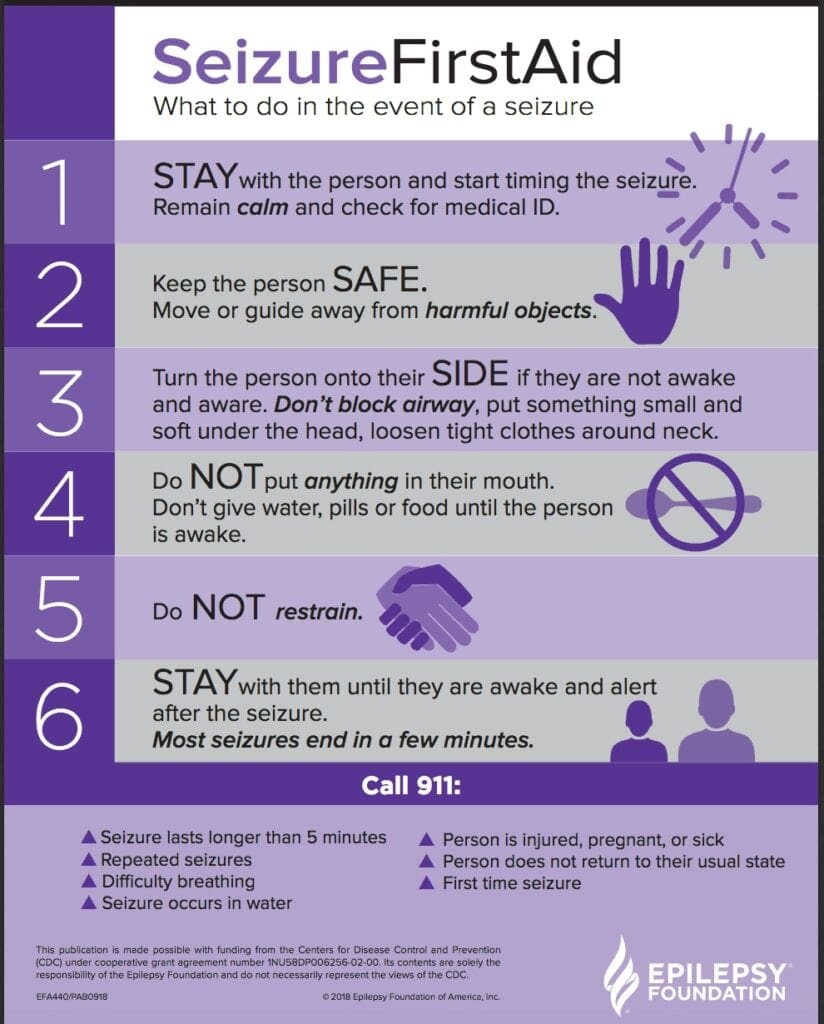Search Posts
Recent Posts
- Vinny Paz to be inducted TODAY into the International Boxing Hall of Fame – CES Boxing June 7, 2025
- In the News… quick recap of the week’s news (6.7.25) June 7, 2025
- Burn with Kearns: Strong without the spend: How scraps became strength tools – Kevin Kearns June 7, 2025
- Rhode Island Weather for June 7, 2025 – Jack Donnelly June 7, 2025
- How to advocate for threatened properties: The Heritage Alliance of Pawtucket June 7, 2025
Categories
Subscribe!
Thanks for subscribing! Please check your email for further instructions.

Caution: May the Force Be With You
The biggest block buster holiday movie this year will probably be Star Wars: The Rise of Skywalker. Thousands are expected to fill the movie theaters over the next few weeks to see what has been teased as “the last Star Wars movie”.
The special effects are dramatic, outdoing most of what has been done before. Flashing lights and amazing visuals, however, has led Disney to issue a cautionary warning to those who may suffer from seizure disorders. Disney’s warning came also with a reach-out to The Epilepsy Foundation to help get the word out to the population that they are closest to.
Rather than issue scene or segment specific warnings, their statements advise having a friend see it first if you are photosensitive and giving that friend advice should the movie effect the viewer.
The Disney statement is as follows:
Walt Disney Studios Advises Viewer Caution Related to Several Sequences with Sustained Flashing Lights in Star Wars: The Rise of Skywalker
“Three percent of people with epilepsy can have seizures triggered by exposure to flashing lights at differing intensities. Some repetitive visual patterns can also trigger these seizures.
Out of an abundance of caution, we recommend that you provide at your venue box office and online, and at other appropriate places where your customers will see it, a notice containing the following information: Star Wars: The Rise of Skywalker contains several sequences with imagery and sustained flashing lights that may affect those who are susceptible to photosensitive epilepsy or have other photosensitivities.”
Here is their full statement issued jointly with The Epilepsy Foundation:
Disney Asks the Epilepsy Foundation to Help Get the Word Out
“The Walt Disney Studios and the Epilepsy Foundation are working together to advise photosensitive viewers to use caution when watching “Star Wars: The Rise of Skywalker.” The film contains several sequences with imagery and sustained flashing lights that may affect those with photosensitive epilepsy.
We thank Disney for reaching out to us and proactively providing information to movie theatres and moviegoers in advance of the movie’s release. If you or someone you know are sensitive to lights, please consider the following as you make plans to watch the movie:
- Ask a friend to watch the movie first.
- Take your friend with you when you go see the film to alert you to which scenes contain the flashing lights so you block your eyes during those scenes.
- Teach your friend the three simple steps of seizure first aid — Stay, Safe, Side — so that they can assist if you have a seizure.
For about 3% of people with epilepsy, exposure to flashing lights at certain intensities or certain visual patterns can trigger seizures. This condition is known as photosensitive epilepsy and it’s more common in children and adolescents.
To learn more about photosensitive epilepsy, including what you can do if flashing lights bother you, please visit www.epilepsy.com/photosensitivity.”
Here is the official trailer for the new Star Wars film:
About Epilepsy
According to the World Health Organization, epilepsy is the most common serious brain disorder worldwide with no age, racial, social class, national or geographic boundaries. The Centers for Disease Control and Prevention (CDC) estimates that 3.4 million people in the United States are affected by epilepsy. It is the underlying tendency of the brain to produce seizures which are sudden abnormal bursts of electrical energy that disrupt brain functions.
About the Epilepsy Foundation
With a network of nearly 50 partners throughout the United States, the Epilepsy Foundation is leading the fight to END EPILEPSY®. The Foundation connects people to treatment, support and resources; leads advocacy efforts; funds innovative research and the training of specialists; and educates the public about epilepsy and seizure first aid. For more than five decades, the Epilepsy Foundation has shone a light on epilepsy to promote awareness and understanding, and to advocate for laws that matter to people with epilepsy, while also funding $68.7 million for epilepsy research and supporting 3,091 epilepsy investigators and specialists in their early careers.
Over the past 18 years, in partnership with the CDC, the Epilepsy Foundation has helped to improve access to care for people with epilepsy, expanded its digital reach and online resources in homes across the country, and trained more than 500,000 school and community personnel in how to recognize seizures and administer seizure first aid. The Foundation has also assisted more than 123,470 people through its 24/7 Helpline in the past five years, and continues to focus on innovation, new therapies, community services, advocacy and education as key priorities. To learn more visit epilepsy.com or call 1-800-332-1000.

